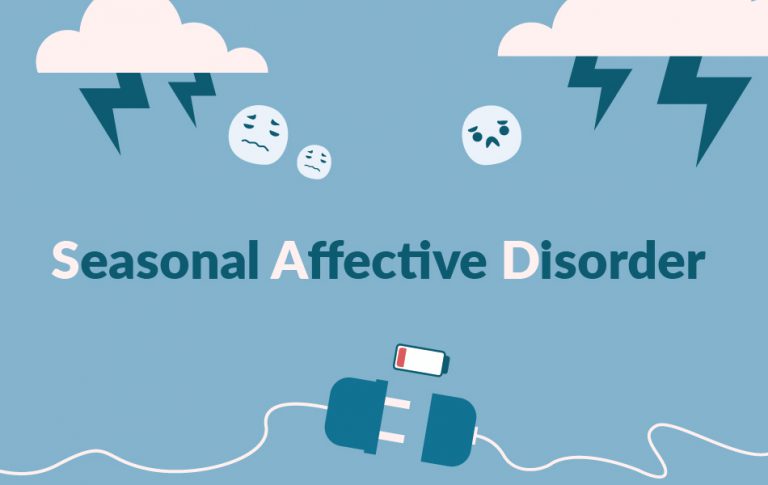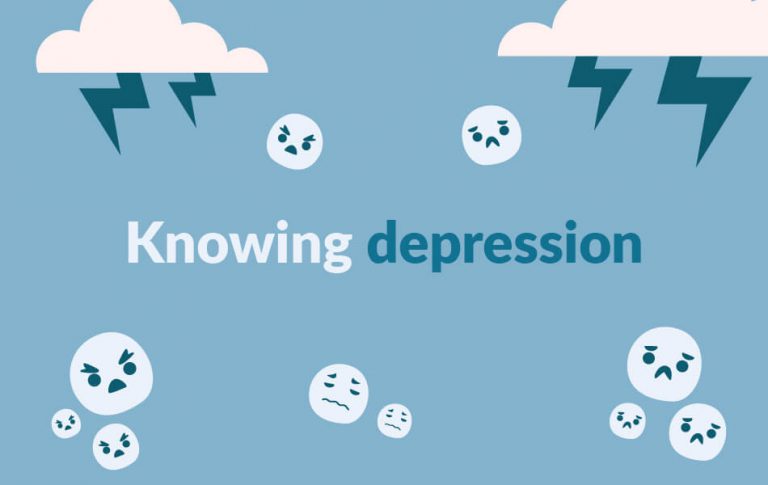These days there seems to be a mounting pressure in all areas of society to stand out, do well, be best, and high achievers especially are all hurtling along at breakneck speeds to avoid being left behind.
Nobody can really say when pushing yourself to the point of illness became a desirable quality, or why constant anxiety about your performance and future was accepted as a good standard, but the situation exists and more and more people are falling prey to this way of thinking – neglecting a healthier work-life balance in order to prioritize just the work side of things.
Students experience it with academic pressures that replace proper eating and sleeping, employees are driven by it every time they work late (and on weekends) and forget they have families, women feel it when suddenly they don’t have enough arms, eyes, or ears to be mother, wife, homemaker, friend, but still won’t stop to rest… This determination to perform well no matter the cost is a societal disease with terrible consequences. Burnout is one of them.
What is Burnout Exactly?
The phenomenon of burnout plaguing society in the workplace, schools, and homes is defined as chronic stress. It’s constant anxiety and worry about your performance and future if that performance were to dip that leaves you feeling emotionally and physically exhausted. So much more than just tiredness, burnout is that feeling that you have absolutely nothing left to give either mentally, emotionally, or physically. You’re drained. Empty. And it affects all areas of your life.
This feeling is something most likely to affect high achievers – the people who feel that they have to do everything and be the best at it too. These are the ones who commonly place immeasurable amounts of pressure on themselves for fear of being considered ‘not good enough’. What many don’t realize is that where at first, a work ethic like this could be commendable, it eventually takes its toll and the very thing they have worked so hard for begins to suffer. You can’t work when you’re calling in sick all the time.
You can’t learn effectively when you’re not resting your mind or following a nutritious diet. You can’t be a good, present mother when you’re depressed and disillusioned. The cost of pushing yourself to a standstill negates the very reason you were pushing in the first place, and this is why it’s so important to be aware of the warning signals you’re heading for burnout so that you can pull the brakes before it’s too late.
The tell-tale signs of burnout include lack of concentration and forgetfulness, chronic fatigue but having trouble sleeping, chest pain, headaches, anxiety, depression, anger and irritability, feelings of isolation, no longer finding enjoyment in previously pleasurable activities, and detachment from people and things. The symptoms of burnout result in a marked decrease in performance over and above the physical and emotional effects.
It feels as if every aspect of your life – work, family, friends, self – is slowly crumbling around you. And being depleted in every way, could make the idea of resolving the oncoming disaster virtually impossible. But it isn’t.
Burnout is not only avoidable, it is also possible to get through if it does reach that point. And the solution might seem unthinkable to those in the thick of it, but really all you need to do is what you struggled with from the start: take time out.
Dealing with Burnout
The effects of burnout are far-reaching and can be consuming for someone in a state of emotional and physical exhaustion. Constantly being in a negative mindset will chip away at relationships with friends and partners. As you are likely to be more irritable, arguments will happen more often, and eventually your mood will begin to rub off on others, making them not want to be around you.
Isolating yourself during this time might feel like the best thing to do, but support from loved ones is one of the most significant factors in overcoming burnout. It’s important to treat relationships with care and understanding to avoid this.
It’s just as important to take care of yourself as well. Burnout isn’t something that will resolve itself. Following key recovery strategies will help you back to the path of health and well-being. Begin with yourself. Self-care involves light exercise, like going for short walks, pampering yourself by doing your nails, hair, having long, relaxing baths, and getting to bed early at night.
There’s no need to feel overwhelmed by the bigger picture. Start with basics, like exercise, sleep, a nutritious diet, and drink plenty of water. Focusing on these baby steps will keep you from feeling weighed down, and will also provide positive feelings of accomplishment that will encourage you to keep going.
Keeping a journal is also a great way to reinforce positive thinking. Write down things you are grateful for, and practice affirmations to help you visualize the kind of future you want to have.
It’s little things that will add up to making a positive change in your lifestyle, and restore the balance you need to thrive again. If you feel that you or someone you know may need professional help with burnout, contact our team at ZwavelStream Clinic for more information and treatment for burnout.







